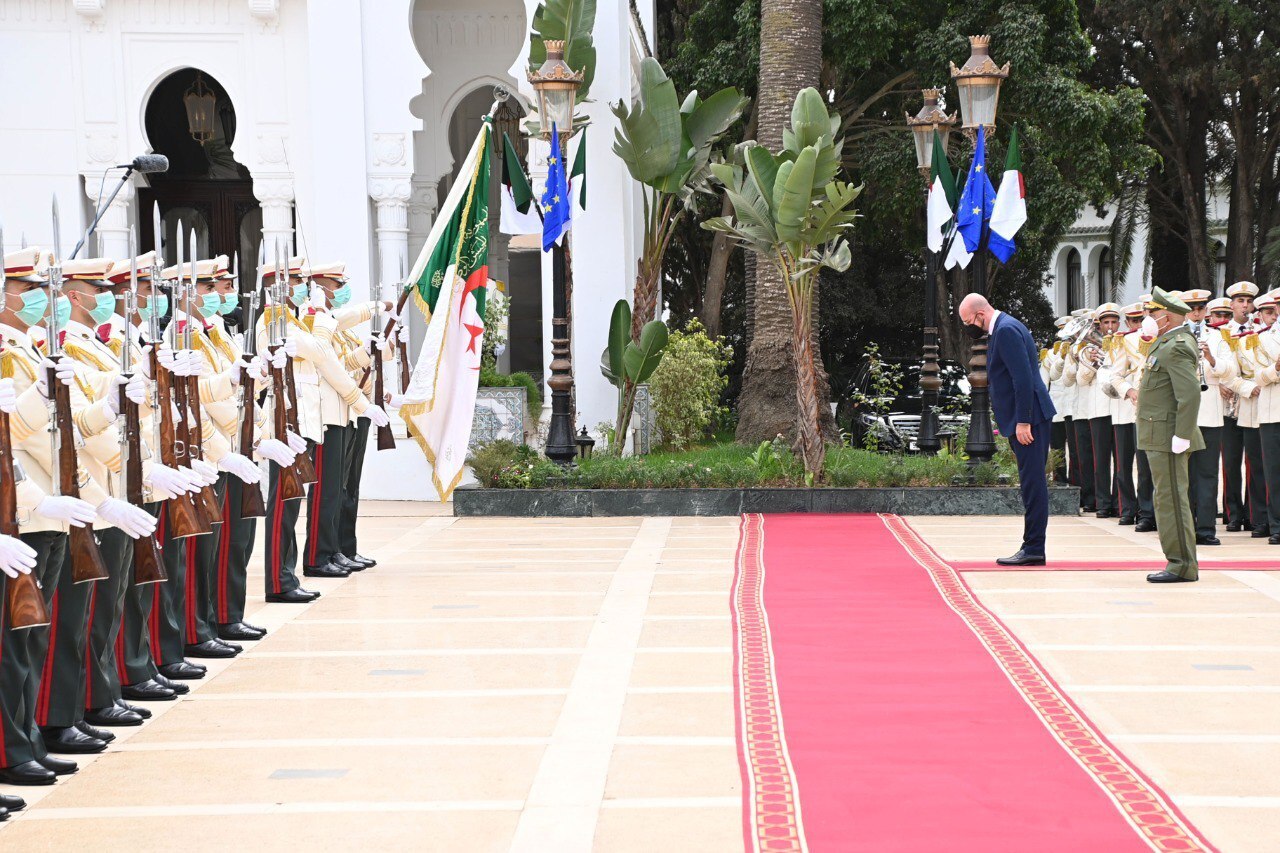
Algerian Foreign Minister Ahmed Attaf led the celebrations for Algerian Diplomacy Day on Thursday, marking the occasion alongside the 80th anniversary of the United Nations.
The ceremony provided an opportunity to reaffirm Algeria’s longstanding commitment to the principles of self-determination and anti-colonialism, but also highlighted the country’s struggle to adapt its foreign policy to contemporary challenges.
In his address, Attaf underscored Algeria’s adherence to UN General Assembly Resolution 1514, which was adopted in 1960 and affirms the right of all peoples to self-determination.
The minister reflected on the pivotal moment of September 30, 1955, when Algeria’s case was first placed on the UN agenda, and expressed gratitude to the 13 countries, including Saudi Arabia, Egypt, Lebanon, and India, that supported this initiative.
Attaf also took the opportunity to honor the legacy of former foreign minister Ahmed Taleb Ibrahimi, while reinforcing Algeria’s consistent stance on issues such as Palestine and Western Sahara.
“The massive rallying of nations to the Palestinian cause demonstrates the justice of our commitment to peace,” he remarked, reaffirming Algeria’s strong support for a Palestinian state and a resolution to the Sahrawi issue in line with UN resolutions.
Despite these strong words, the event also drew attention to Algeria’s diplomatic challenges.
Critics argue that Algeria’s foreign policy remains frozen in the ideological framework of Third Worldism from the 1960s, which emphasizes anti-colonial struggles but fails to engage with the pressing issues of the modern world, such as energy security, climate change, economic integration, and regional security.
While North Africa and the wider Mediterranean region have witnessed significant shifts, including Morocco’s growing ties with Europe and the reconstruction efforts in the Sahel, Algeria appears increasingly isolated.
Its foreign policy, deeply rooted in historical causes, struggles to resonate with contemporary international priorities. Algeria’s influence on major African and Mediterranean issues, particularly within the African Union and the now-dissolved G5 Sahel, has waned.
In a measured speech, Safina Claudia Ammassari, a representative of the United Nations, praised Algeria’s “commitment and dedication” to diplomacy.
However, she also pointed out that “the principles of the UN Charter are today being severely tested.” Some observers interpreted this as a subtle critique of Algeria’s foreign policy, particularly its opposition to regional neighbors while professing a commitment to peace.
As Algeria continues to navigate its diplomatic future, the question remains: can it modernize its foreign policy to keep pace with the rapidly changing geopolitical landscape, or will it remain mired in outdated rhetoric?



